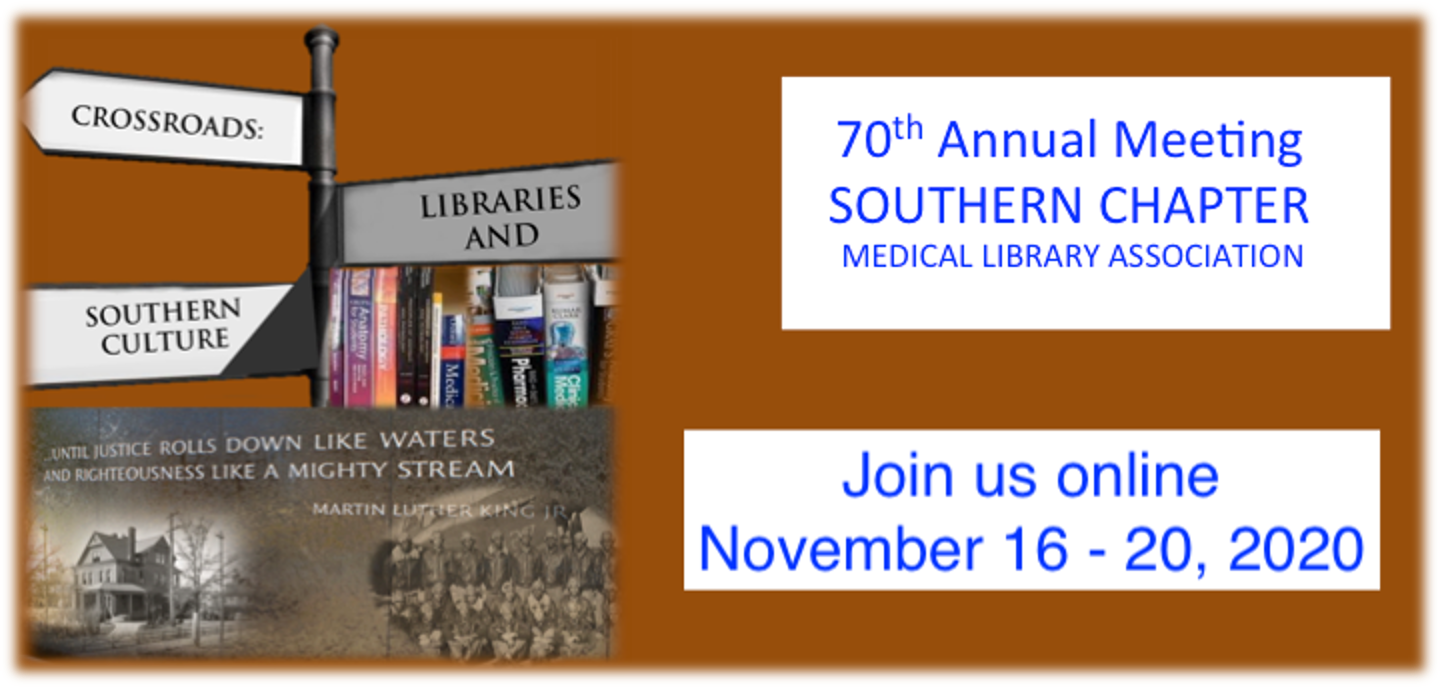Start Date
18-11-2020 10:42 AM
End Date
18-11-2020 10:56 AM
Type of Work
Presentation
Description
Question: How can we improve information literacy teaching methods in the health sciences? This paper describes one possible solution in the application of the ACRL Framework to whistleblowers, the media, and the Tuskegee Untreated Syphilis Study. The design of the instructional activity includes a lecture, workshop, assignment, and discussion essay.
Setting/Participants/Resources: Communication Disorders Information Literacy students in a three-credit-hour class, INF 310, in a four-year, public master’s level institution.
Brief Description: Based on experiences in this class, we examine how librarians in the health sciences can frame whistleblowing in the context of the Tuskegee Untreated Syphilis Study. We focus on in-class exercises based on the study which ran from 1932 to 1972 and followed 600 rural black men in Alabama with Syphilis. The researchers withheld diagnosis and treatment information. Peter Buxton finally succeeded in ending the study and is credited with the dawn of modern medical ethics. The social impact of the exposure of the study with the help of media intervention serves as an example of the value and influence of health information and the responsibility to maintain transparency.
Evaluation Method: Pre and post-tests given during and after the semester to assess knowledge practice outcomes. Discussion essay via Canvas.
Results/Outcomes: Post assessment data indicated that students had a better understanding of the value of health information within the context of the Tuskegee Untreated Syphilis Study and Peter Buxton’s actions.
Conclusions: The ACRL framework addresses many of the difficult concepts inherent in health science information literacy instruction and provides an improved outline of how to teach the complexities of the ethical use of information.
Bad Blood at the Tuskegee Crossroads: Informational Ethics, Whistleblowing, and the Media
Question: How can we improve information literacy teaching methods in the health sciences? This paper describes one possible solution in the application of the ACRL Framework to whistleblowers, the media, and the Tuskegee Untreated Syphilis Study. The design of the instructional activity includes a lecture, workshop, assignment, and discussion essay.
Setting/Participants/Resources: Communication Disorders Information Literacy students in a three-credit-hour class, INF 310, in a four-year, public master’s level institution.
Brief Description: Based on experiences in this class, we examine how librarians in the health sciences can frame whistleblowing in the context of the Tuskegee Untreated Syphilis Study. We focus on in-class exercises based on the study which ran from 1932 to 1972 and followed 600 rural black men in Alabama with Syphilis. The researchers withheld diagnosis and treatment information. Peter Buxton finally succeeded in ending the study and is credited with the dawn of modern medical ethics. The social impact of the exposure of the study with the help of media intervention serves as an example of the value and influence of health information and the responsibility to maintain transparency.
Evaluation Method: Pre and post-tests given during and after the semester to assess knowledge practice outcomes. Discussion essay via Canvas.
Results/Outcomes: Post assessment data indicated that students had a better understanding of the value of health information within the context of the Tuskegee Untreated Syphilis Study and Peter Buxton’s actions.
Conclusions: The ACRL framework addresses many of the difficult concepts inherent in health science information literacy instruction and provides an improved outline of how to teach the complexities of the ethical use of information.


